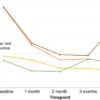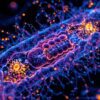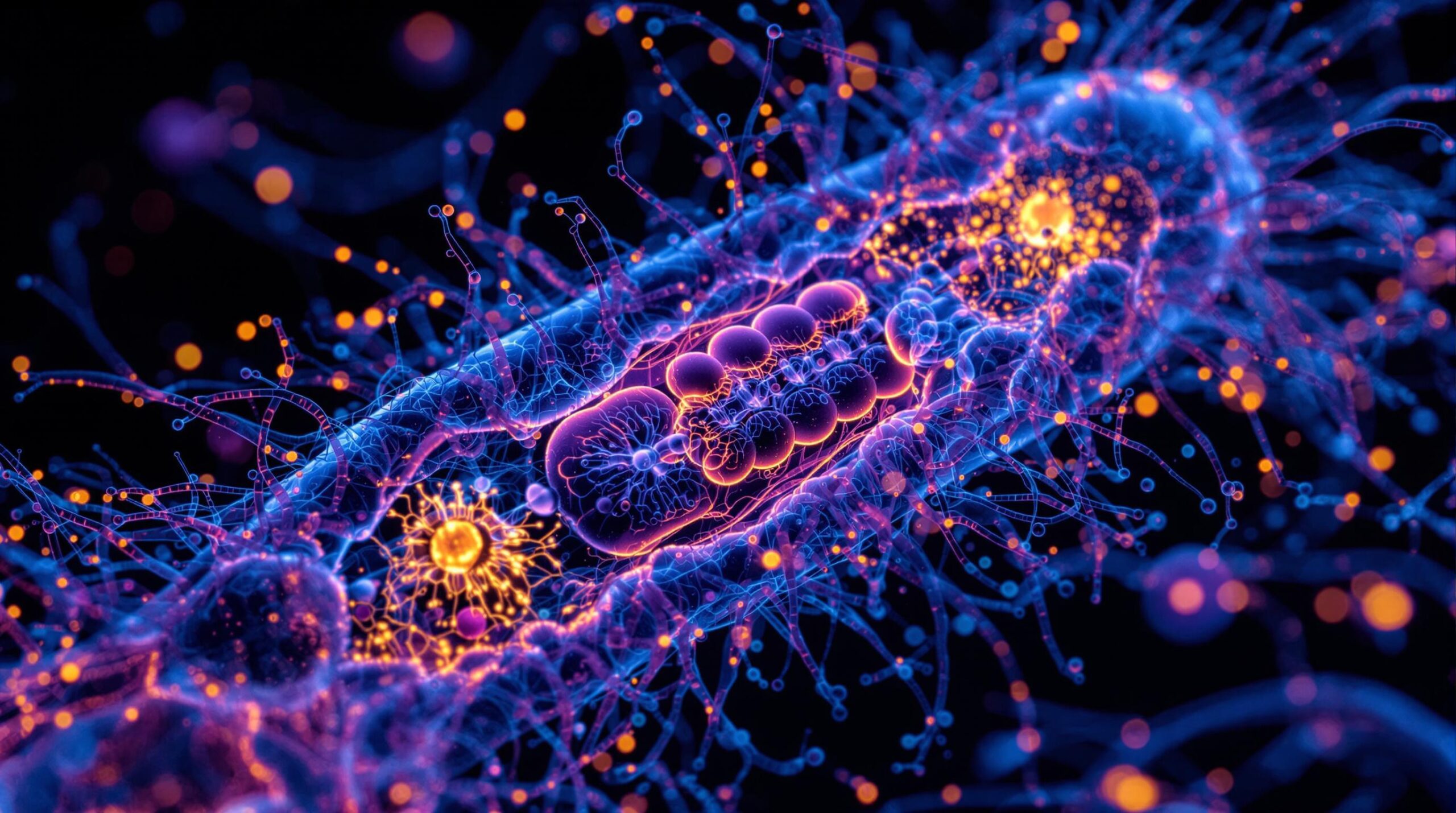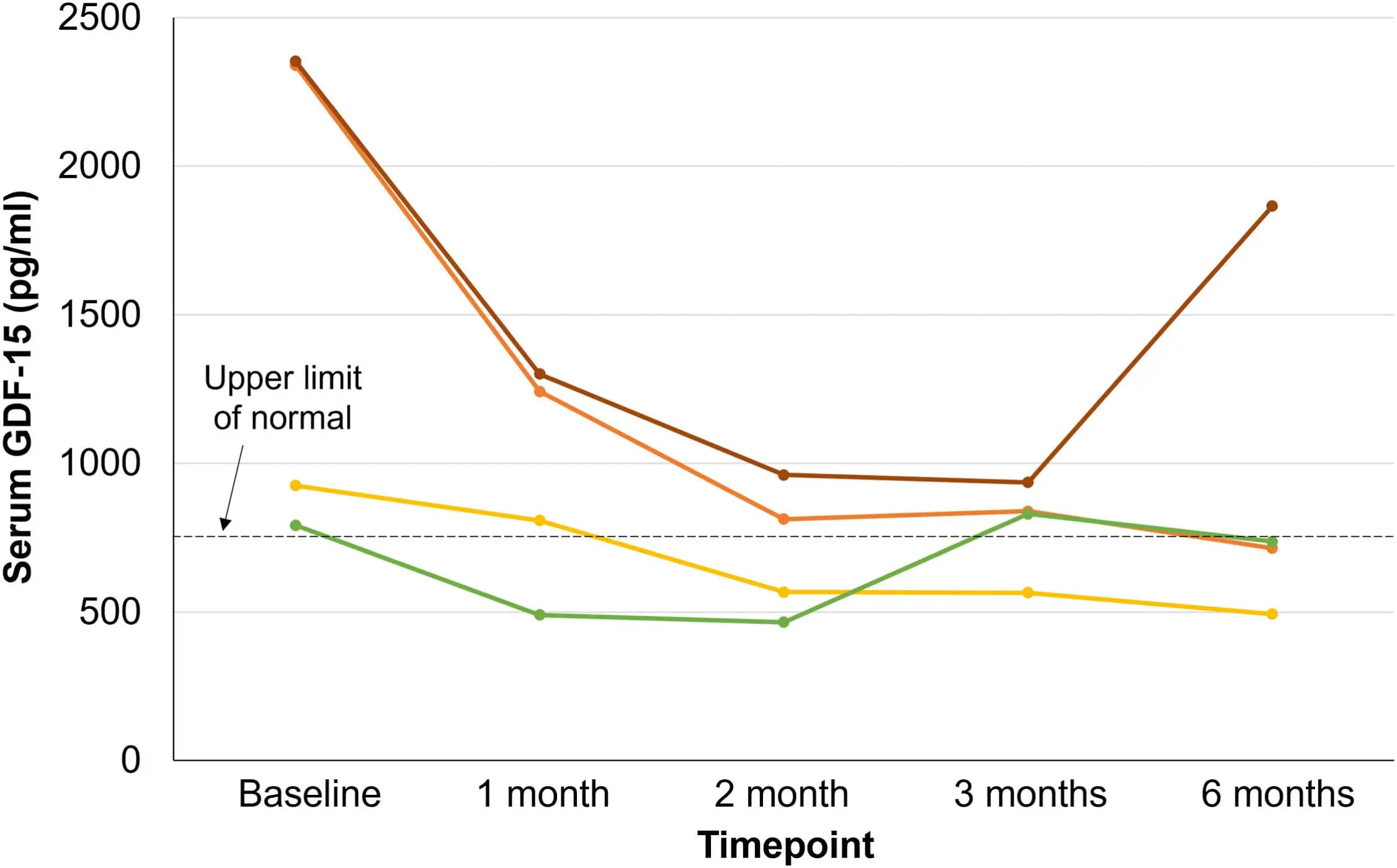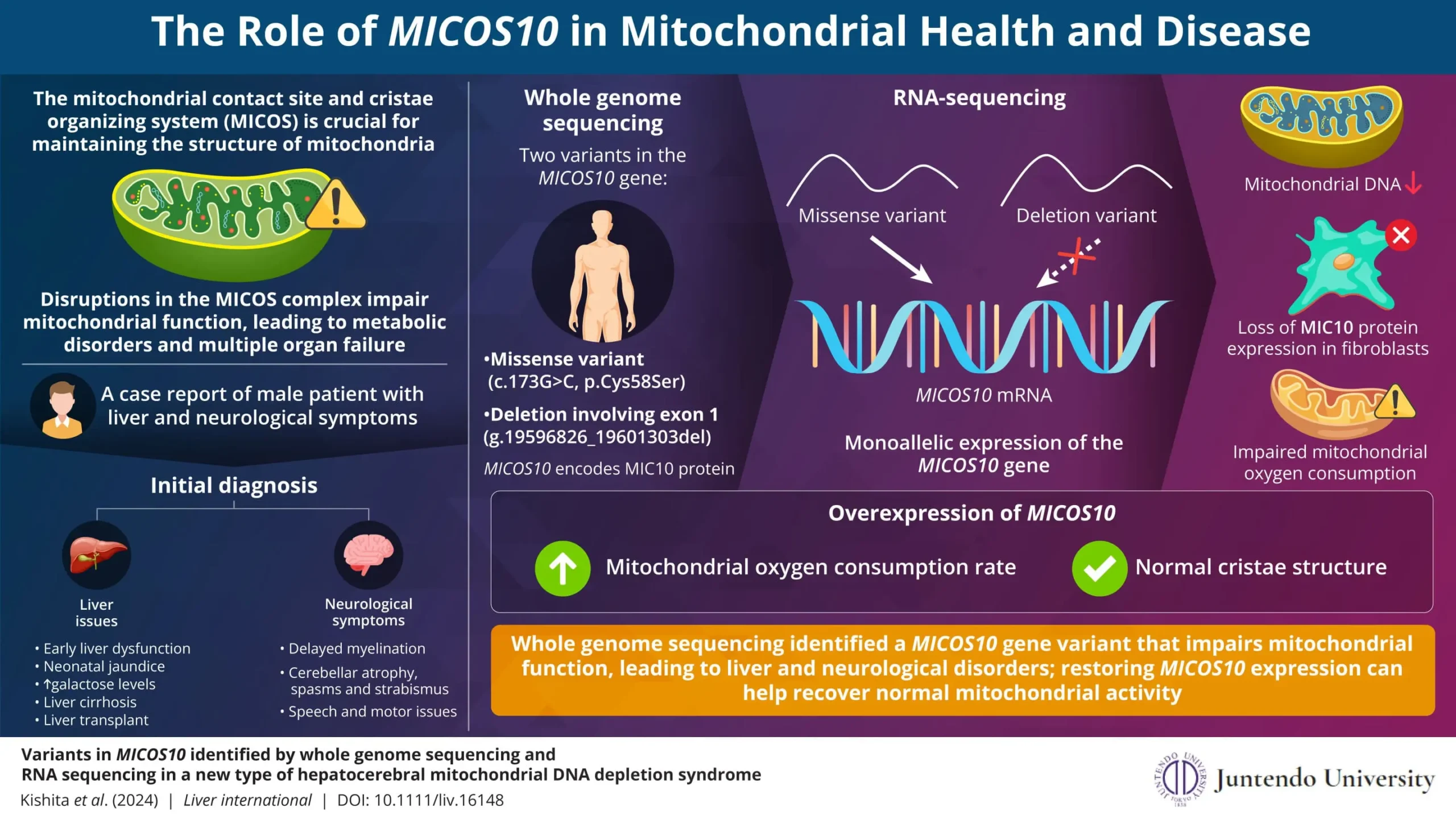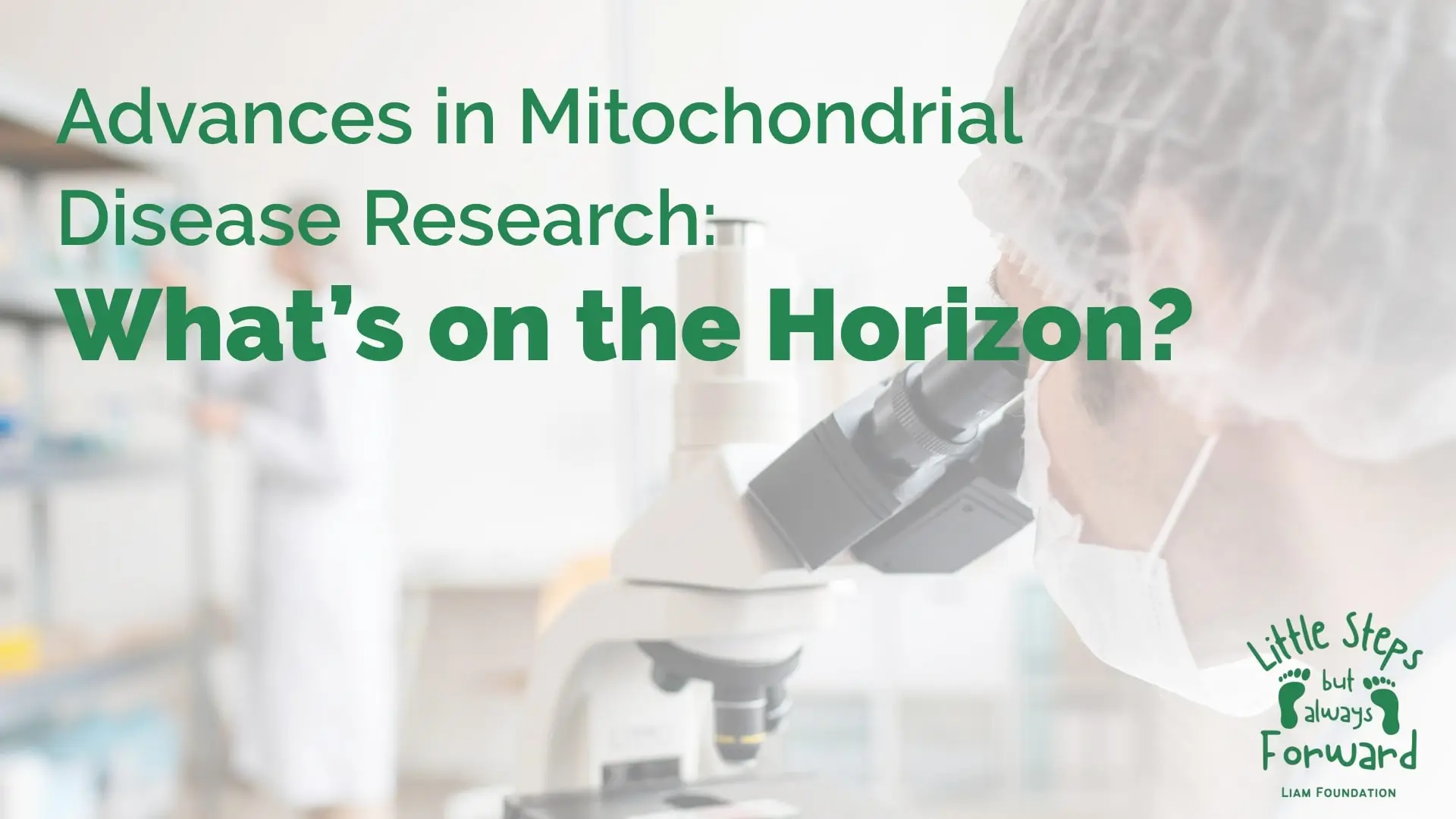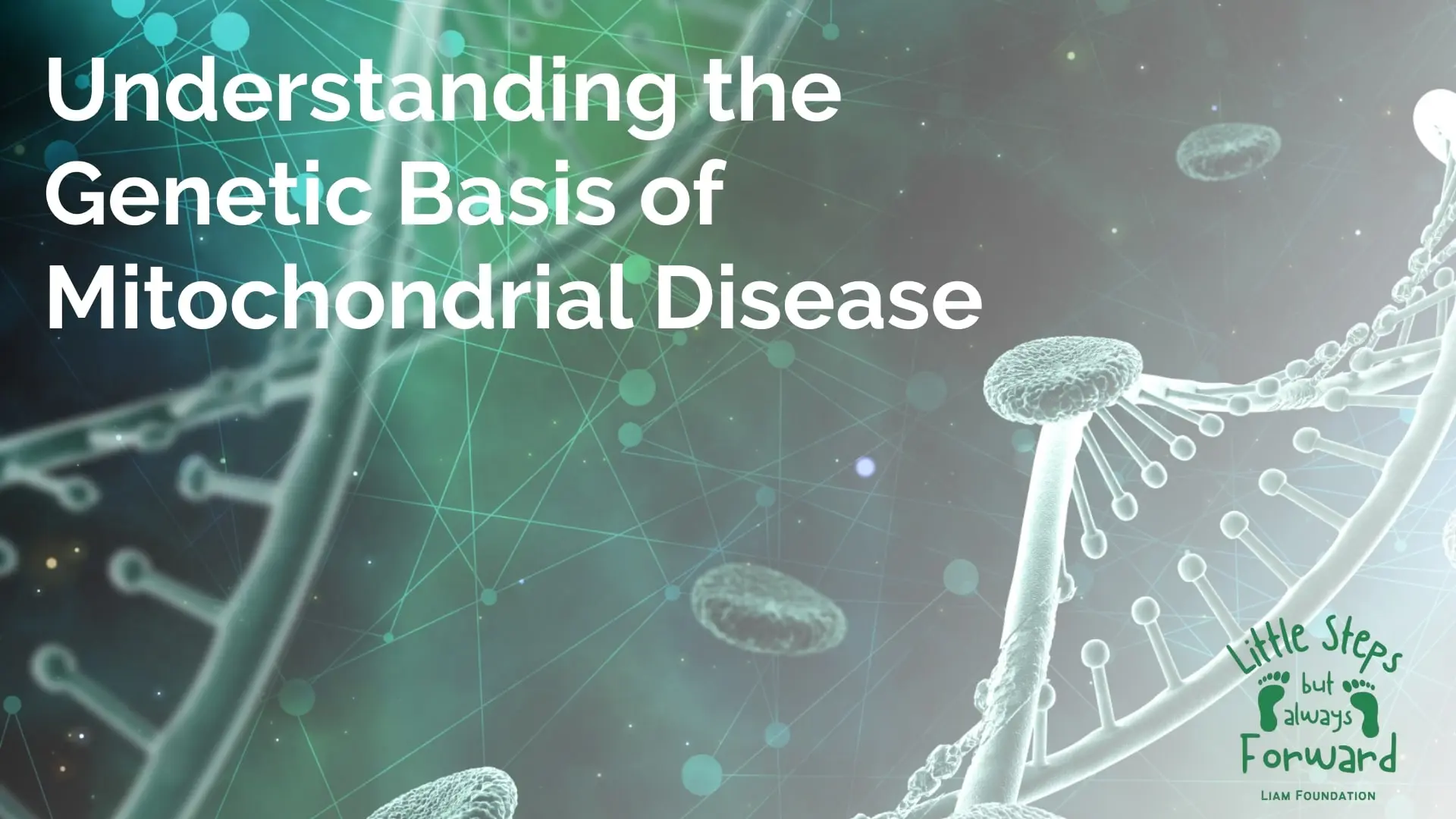Quick Summary : What You Need to Know: Mitochondrial diseases are genetic disorders that impair…
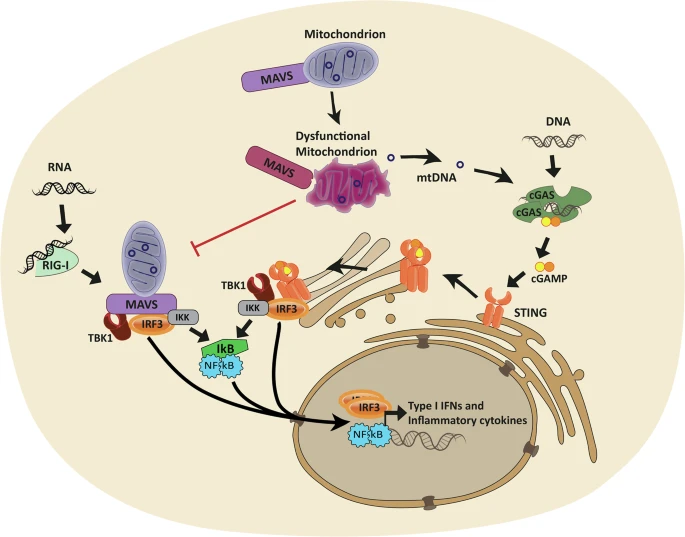
- December 8, 2024
- Comments Off on Mitochondrial Dysfunction in Acute and Post-Acute Phases of COVID-19
The COVID-19 pandemic, caused by the SARS-CoV-2 virus, has led to significant global health challenges. Beyond the immediate respiratory symptoms, emerging evidence indicates that COVID-19 can cause mitochondrial dysfunction, impacting both acute and post-acute phases of the disease.
Mitochondrial Impairment During Acute COVID-19
In the acute phase of COVID-19, SARS-CoV-2 infection can lead to:
Direct Mitochondrial Damage: The virus may directly invade host cells, disrupting mitochondrial function and leading to decreased energy production.
Oxidative Stress: Infected cells can produce excessive reactive oxygen species (ROS), causing oxidative damage to mitochondrial components.
Inflammatory Responses: The body’s immune response to the virus can result in the release of pro-inflammatory cytokines, which may further impair mitochondrial function.
Post-Acute Sequelae and Mitochondrial Dysfunction
Even after recovery from the initial infection, some individuals experience lingering symptoms, collectively known as “Long COVID.” Mitochondrial dysfunction has been implicated in these prolonged effects, potentially leading to:
Persistent Fatigue: Impaired mitochondrial energy production can result in chronic fatigue and reduced physical endurance.
Neurological Symptoms: Mitochondrial dysfunction in neural tissues may contribute to cognitive impairments and “brain fog.”
Muscle Weakness: Ongoing mitochondrial issues can lead to muscle weakness and myalgia.
Implications for Treatment and Recovery
Understanding the role of mitochondrial dysfunction in COVID-19 is crucial for developing effective treatments. Potential therapeutic strategies include:
Antioxidant Therapies: Using antioxidants to reduce oxidative stress and protect mitochondrial integrity.
Mitochondrial Supportive Interventions: Employing agents that enhance mitochondrial function and biogenesis.
Anti-Inflammatory Treatments: Modulating the immune response to prevent excessive inflammation that can damage mitochondria.
Ongoing research is essential to fully elucidate the mechanisms by which SARS-CoV-2 affects mitochondrial function and to develop targeted therapies that can mitigate these effects.
For more detailed information, refer to the original article: Mitochondrial dysfunction in acute and post-acute phases of COVID-19.
Share This:
The Liam Foundation
Related Posts
The COVID-19 pandemic, caused by the SARS-CoV-2 virus, has led to significant global health challenges.…
A groundbreaking clinical trial led by the Research Institute of the McGill University Health Centre…
Mitochondrial DNA Depletion Syndrome (MTDPS) encompasses a group of rare genetic disorders characterized by a…
The Liam Foundation stands as a beacon of hope for families grappling with the challenges…
Mitochondrial disease treatments have long been a challenging frontier in medical research. As we delve…
Mitochondrial disease symptoms are complex disorders that can affect people of all ages, from infants…
To appreciate the significance of recent Mitochondrial disease research advances, it’s essential to understand the…
Understanding the Genetic Basis of Mitochondrial Disease, Mitochondrial disease is a group of disorders caused…
Mitochondrial disease is a group of disorders caused by dysfunctional mitochondria, the parts of the…

